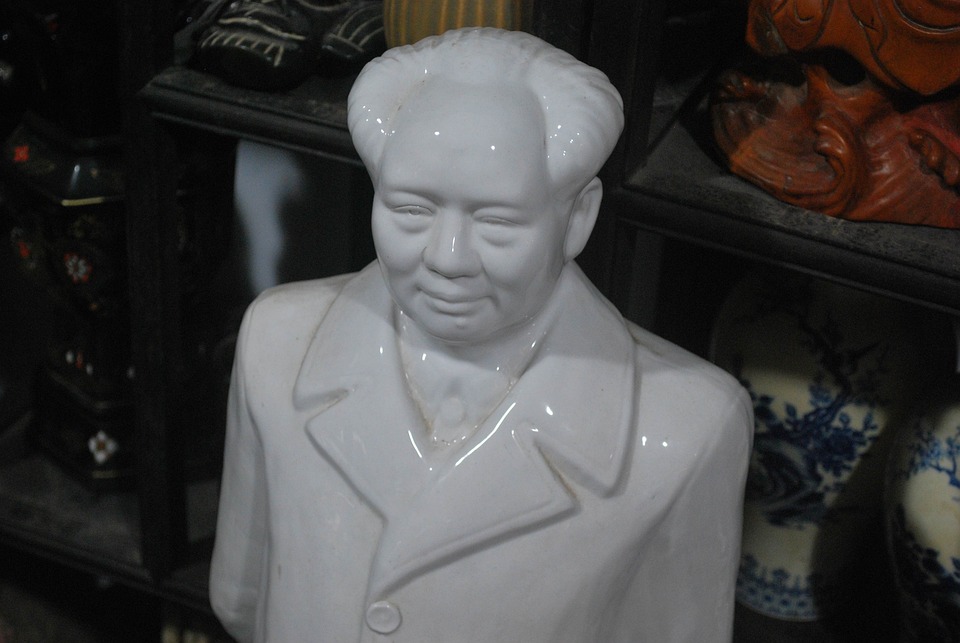Critiques and Criticisms of New Communism: Debating its Viability in the Modern World
Introduction
In recent years, there has been a resurgence of interest in communism, particularly among young people who are disillusioned with capitalism and its inequalities. While the traditional form of communism has largely been discredited by the failures of regimes such as the Soviet Union and China, a new form of communism has emerged, offering a more modern and democratic approach.
However, this “New Communism” is not without its critics and detractors. In this article, we will explore some of the key critiques and criticisms of New Communism, and debate its viability in the modern world.
Concerns about Authoritarianism
One of the major criticisms of New Communism is the concern that it could lead to authoritarianism. Many critics argue that any form of communism, no matter how democratic it claims to be, ultimately leads to the concentration of power in the hands of a few elites. This can result in the suppression of dissent, lack of political freedoms, and a stifling of individuality.
Proponents of New Communism, however, argue that their system is different from the totalitarian regimes of the past. They emphasize the importance of checks and balances, accountability, and transparency in government. They believe that by decentralizing power and involving citizens in decision-making processes, they can avoid the pitfalls of authoritarianism.
Economic Inefficiency and Lack of Innovation
Another common criticism of communism, both old and new, is its economic inefficiency and lack of innovation. Critics argue that central planning and state ownership of the means of production lead to inefficiencies, shortages, and a lack of incentive for innovation.
Supporters of New Communism counter this argument by pointing to the failures of capitalism, such as income inequality, poverty, and environmental degradation. They argue that their system, which emphasizes cooperation, social welfare, and sustainability, can lead to a more equitable and sustainable economy.
Human Rights Violations
Critics of New Communism also raise concerns about human rights violations. They point to the history of communist regimes abusing their power, suppressing political dissent, and violating the rights of their citizens. They fear that a new communist system could lead to similar abuses.
Proponents of New Communism respond by emphasizing the importance of human rights and civil liberties. They argue that their system is based on the principles of equality, justice, and solidarity, and that they are committed to upholding the rights of all individuals.
Practical Challenges
In addition to these philosophical and moral criticisms, there are also practical challenges facing New Communism. Implementing a new economic and political system on a large scale is a complex and challenging task. It requires not only a significant restructuring of institutions and practices but also a fundamental shift in values and attitudes.
Critics argue that the transition to communism would be disruptive and chaotic, leading to economic instability, social unrest, and political instability. They question whether it is feasible to implement such a radical change in the modern world.
Supporters of New Communism acknowledge these challenges but believe that they can be overcome with careful planning, education, and participation. They argue that the benefits of their system, such as shared prosperity, environmental sustainability, and social justice, outweigh the potential risks and difficulties.
Conclusion
In conclusion, New Communism is a controversial and divisive topic, with both passionate supporters and vehement critics. While the idea of a more equitable, sustainable, and democratic society is appealing to many, there are legitimate concerns about the viability and practicality of such a system.
As we continue to debate the merits and drawbacks of New Communism, it is important to consider all perspectives and engage in open and honest dialogue. Only through critical examination and reflection can we truly understand the potential of this new ideology and its implications for the modern world.




